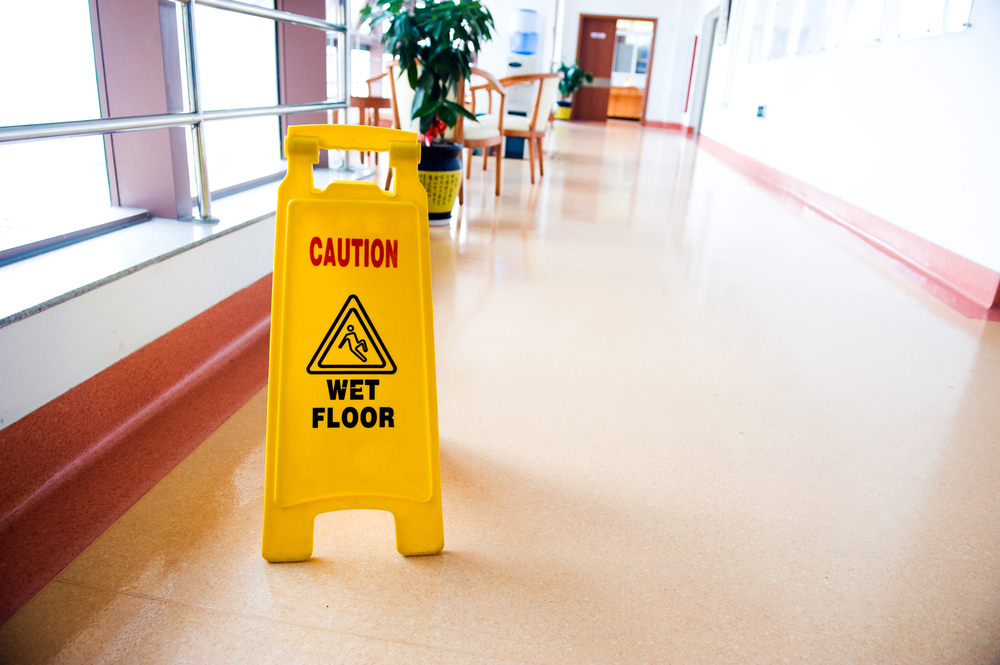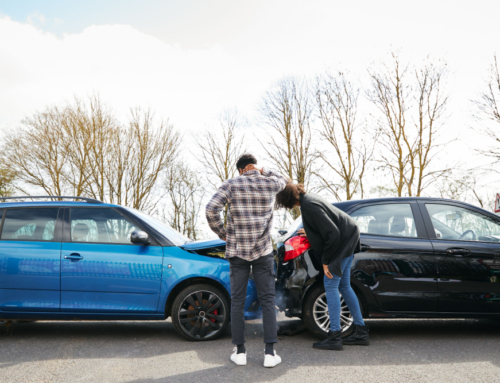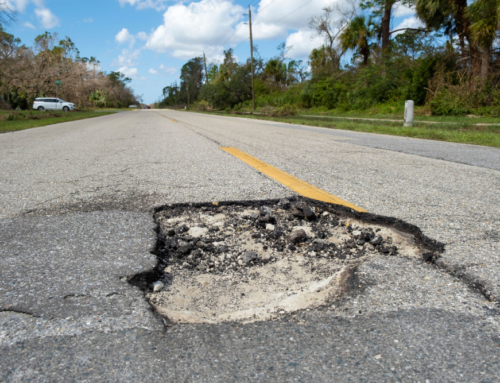12% of autumn emergency room visits come from slip-and-fall accidents, equal to approximately one million each year. This makes this particular accident a significant cause of injury in all age brackets and has a hospital cost ranging from $30,000 to $40,000. However, is it possible to demand compensation if you ever encounter a slip-and-fall mishap in a commercial establishment – particularly in Florida?
While Florida has no “wet floor sign law,” it is still feasible to ask for recompense if the evidence point towards the establishment’s negligence. Here are some of the particulars to consider before hiring a slip and fall injury attorney that will help you with your case.
What is the Florida Slip-and-Fall Law?
Slip and fall accidents fall under the Premises Liability law. This law states that a property owner, whether a corporation or a private one, has a legal duty to care for the people he invited on his premises. This duty of care includes regular inspections and maintenance of the property to be aware of any dangerous conditions that serve as a health risk for the visitors. Public and private property owners should follow established safety standards and eliminate possible dangers or warn the guests about the present hazards.
A general negligence theory is a basis in determining responsibility in Florida slip-and-fall lawsuits. This pertains to a situation where one party is liable to another and fails in that responsibility, which results in harm that should be compensated by the former.
Slip-and-fall cases due to “transitory foreign substances” in commercial premises require particular proof from the injured person, including the business’s constructive knowledge about the property hazards. Failure to take preventative actions against these possible dangers can serve as circumstantial evidence and can be established by:
- The particular property hazard existed for a long time and should have been discovered through regular inspections
- The condition is predictable because it is recurrent.
- These can be determined by the photos taken at the scene, camera footage, incident reports, paramedics’ testimony, medical opinion, and witnesses’ statements. Aside from this, it is also vital to determine whether the danger existed before, which the owner should be aware of and how it could easily be amended.
One way to warn others of hazards involving transitory foreign substances is by putting up wet floor signs. Aside from reminding people to be mindful of the slippery floor, fall accidents can also be prevented by raising awareness.
Are Establishments Required to Put Up a Wet Floor Sign?
While the Premise liability law entails that commercial establishments have a duty to remedy or warn their visitors about dangerous conditions, it is not strictly required for wet floor signs to be put up. Properties like grocery stores, sports stadiums, and gym facilities often display a wet floor sign to inform people about any liquid or slippery hazards that may be the result of cleaning, sanitation, spill accidents, and leaks, or flooding due to weather conditions.
It is not necessarily required for business premises to put up a wet floor sign; they can also use orange cones, tapes, and employee reminders to warn customers of liquid hazards.
Do Wet Floor Signs Affect My Slip and Fall Lawsuit?
Wet floor warning signs are not an absolute way for establishments to dodge slip-and-fall liabilities. However, they do have an impact. While it does not provide blanket protection against lawsuits, business owners can reason out that they are aware of the hazard and put up a warning to prevent accidents.
Under Florida’s Comparative Negligence Law, business owners can defend themselves against slip-and-fall cases. Under this law, if you fall in an area with clear hazard signs or marked with wet floor reminders, the amount of compensation due to an injured person will be reduced according to their accountability.
However, this can be canceled if the business establishment positioned the wet floor sign in a variety of inconvenient ways, such as:
- Poor positioning and not enough lighting
- Another premise hazard that you were not warned about
- No other way or an alternative route to take
In most cases, the inconvenient positioning of warning signs may yield to the defendant’s appeal of sharing the blame. They may argue that you are partially at fault and should share the damages for the injury.
While a wet floor sign is not an absolute way out of the lawsuit, the lack of one can become a factor to consider regarding your case. An experienced slip-and-fall injury attorney can help you out of your predicament and give you the compensation you are fighting for.








